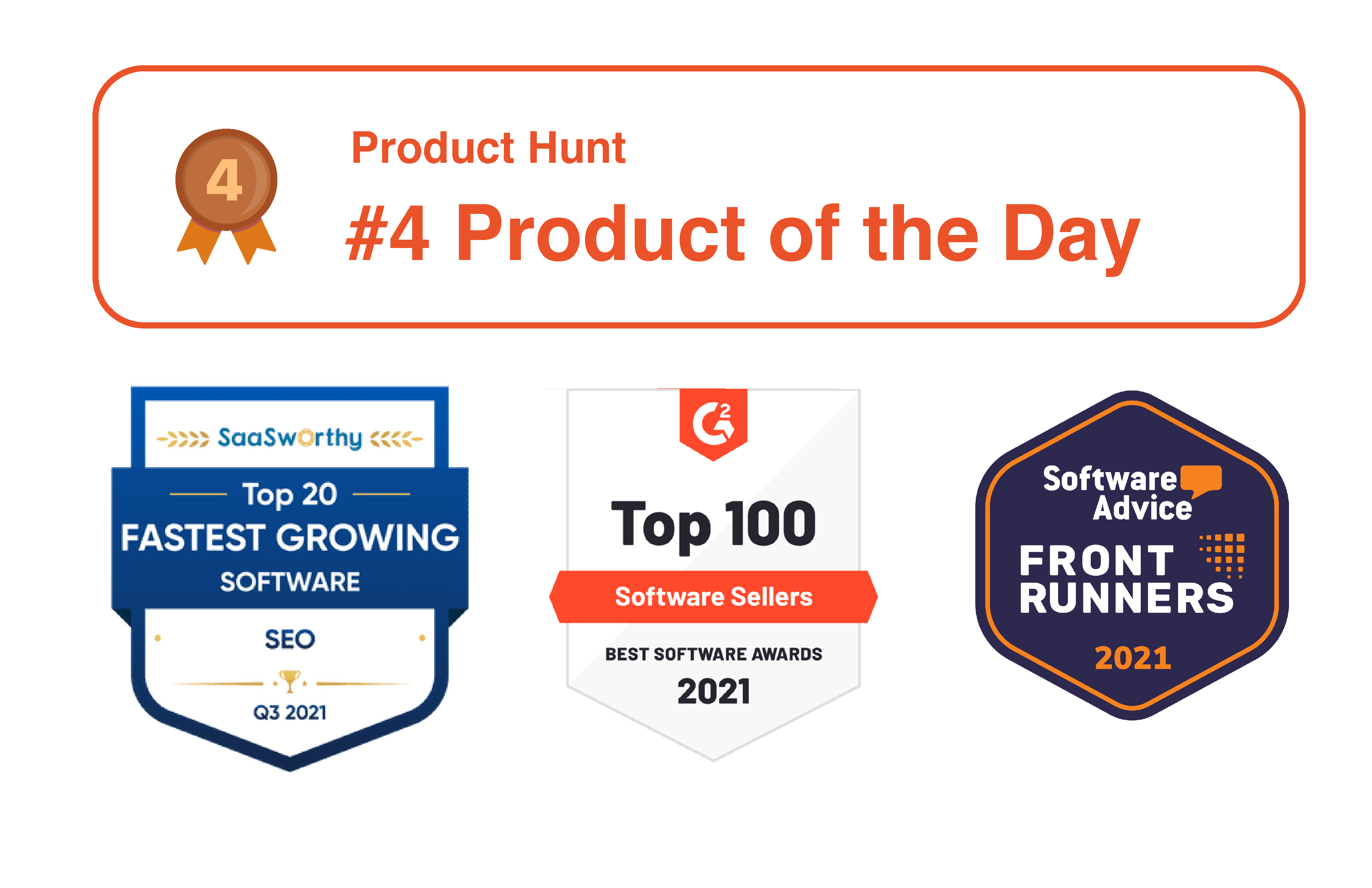Since Google changed its algorithm to provide its users with personalized search results, the internet has been split into camps that debate about the importance and necessity of keyword rankings. However, website rank tracking is far from obsolete and brings you numerous benefits. Here are some of them:
Table of Contents
1. It makes for better diagnostics
Every time Google updates its algorithm, the internet is left scrambled. The confirmed updates help you prepare, but you take a hit from those regular unconfirmed updates. Your organic traffic drops. However, such traffic drops may be caused due to various other reasons. It may be a penalty, a technical glitch, a hunt by the Google spam team, testing of new SERP features, or something else.
Keyword tracking lets you get to the root of the problem. You aren’t left blind when traffic drops. You can integrate your rankings into their SEO platform and track their influence on other metrics. With keyword tracking, you can also figure out when particular pages or keywords have dropped and this may allow you to zero down on the reason.
2. You can keep a watchful eye on your competitors
Apart from tracking the performance of your website, keyword tracking also gives you valuable knowledge about your competitors. When you monitor your competitor’s tracking, you can learn about new content or landing pages released by them to get a better rank for certain phrases. Moreover, you can learn from the competition since you also get to know new phrases that may be targeted by new content.
All that information can reveal the websites that are stealing your traffic. Based on that data you can launch new pages to outrank those websites or choose to have a firm ranking with improved content.
3. You can hunt down new opportunities
SERP has morphed tremendously over the decade. While those changes have improved the search experience for users, SEO tracking becomes increasingly difficult. However, that changes with rank tracking. You can know how your domain performs in featured snippets, in-depth articles, and other SERP features.
This allows you to hunt down new and missed opportunities. A significant fraction of Google search results don’t result in clicks and rank tracking can help you find out about them. Changes in SERP features may also bring great potential for boosting your traffic conversions and brand awareness. Keyword tracking is an indispensable tool that grants you key data about the SERP so that you can harness new opportunities to their full potential.
4. It can increase your revenue
Investors need to avoid short term temptations to avoid long term losses and domain owners must not be tempted by climbing traffic to ignore conversion rates. Sure, a nice flow of organic traffic makes for good metrics. However, they are mere numbers if people aren’t buying your products or services. When you combine keyword ranking with posts and pages that drive your conversions, you can find unharnessed revenue streams.
When you move up a single position in organic search results, your click-through rates get a major boost. With keyword tracking data you can monitor the position of your posts in the search results and organize them accordingly if posts with the highest conversion rates aren’t at the top. Similarly, with a keyword tracking tool on Zutrix, you would be able to monitor rank decreases on your highest-converting posts instantly.
5. CTR issues can be identified quickly
You need high rankings on SERPs to reach your target audience. It’s indispensable for traffic. However, higher traffic doesn’t translate to a higher click-through-rate(CTR). Even the top Google result may have an average CTR of just around 30 percent. Things are grimmer for featured snippets that average around 8 percent.
With keyword tracking tools, you can assess the rank of pages on your domain and compare it with the CTR of those averages. If you have a below-average CTR, you may want to look into your meta description or your page’s title and make them more compelling to encourage more clicks. Rank tracking in such instances lets you increase your traffic and CTR since you get to know what works and what doesn’t to make the necessary changes.
6. It isn’t rocket science
SEO is a broad and subjective field of expertise that can’t be explained in an easy way for people who aren’t in a similar field. Each question requires a book’s worth of knowledge about the workings of an SEO and answers usually have the dreaded beginning of “It depends”. Thankfully keyword tracking is easy and straightforward. An upward graph is good and a downward graph isn’t ideal. Even if you aren’t an SEO expert, you can understand your keyword tracking report and send it to anyone with an easy explanation.
How to track keyword rankings
Rank tracking is easy and can be done with the Google Search Console or the rank tracking tools available on Zutrix. While the Search Console does a decent job, its UI can’t compare to the dedicated rank tracking tools on Zutrix. Zutrix rank tracking tools can provide you invaluable insights with its advanced features that include:
- Daily updated data
- Search volumes and domain ranks
- Historical data
- Potential organic traffic
Keyword ranking best practices
There’s a reason some sources claim that keyword ranking isn’t important. People commit the repeated mistake of trying to rank at the top for each keyword. While it’s important to track the positions, you should focus on tracking the overall progress of your keyword positions and the collective impact it has on your organic traffic.
For instance, the highest position on 10 keywords may not bring you the quality organic traffic you may get from a different set of 10 keywords. So, it’s better to do rank tracking with both historical and current data that is updated regularly. Zutrix can deliver that data along with useful tools with metrics that let you calculate and figure out the reason behind changes in rankings.

![9 Possible Reasons Why your Site Rankings Dropped [2024]](https://blog.zutrix.com/wp-content/uploads/2021/11/9-reasons-why-your-ranks-dropped-zutrix-500x383.png)

![How To Improve Google Search Ranking in 3 Steps [2024]](https://blog.zutrix.com/wp-content/uploads/2021/11/improve-google-search-ranking-with-zutrix-500x383.png)
